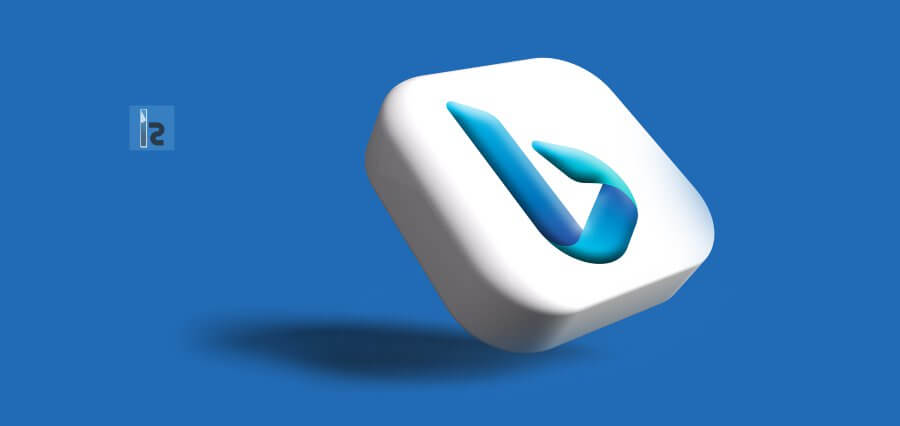As anticipated, the new Bing now has the ability to start a chat in its toolbar, which takes you to a conversational experience similar to ChatGPT. One important thing to keep in mind is that while Bing’s version is far more current and can handle queries pertaining to much more recent events, OpenAI’s ChatGPT bot was trained on data that only covers through 2021. (think today, not 2021).
The team aims to adhere to its AI Principles, as Microsoft CEO Satya Nadella emphasized, and acknowledged that, as with any new technology, it’s necessary to be aware of any potential drawbacks. Microsoft, he said, wants to deploy technology that boosts human productivity and is consistent with human values.
Nadella emphasized that a technology like this has the ability to change the web and stated that he thinks it will change pretty much every software category in a positive way. In his opinion, an agent will mediate every computer contact in the future. Search is the initial phase of this, at least for Microsoft.
Today’s search engines still perform admirably for informational inquiries that ask for fundamental facts as well as navigational queries, as Microsoft’s Yusuf Mehdi pointed out. However, current search engines fall short of more difficult inquiries, which account for 50% of all queries nowadays (“Can you recommend a five-day itinerary for Mexico city?”).
Clearly, Microsoft and OpenAI have a close working connection. Today’s news resulted from the company’s recent statement that it will increase its original $1 billion investment and its cooperation with OpenAI as well as make additional investments. And although Bing was always a capable search engine (perhaps better than most people ever gave it credit for), it never truly caught on with the general public. Although it has always been adequate, users have little incentive to switch. This may be the justification for ChatGPT, at least until Google makes its rival available to a larger audience.


